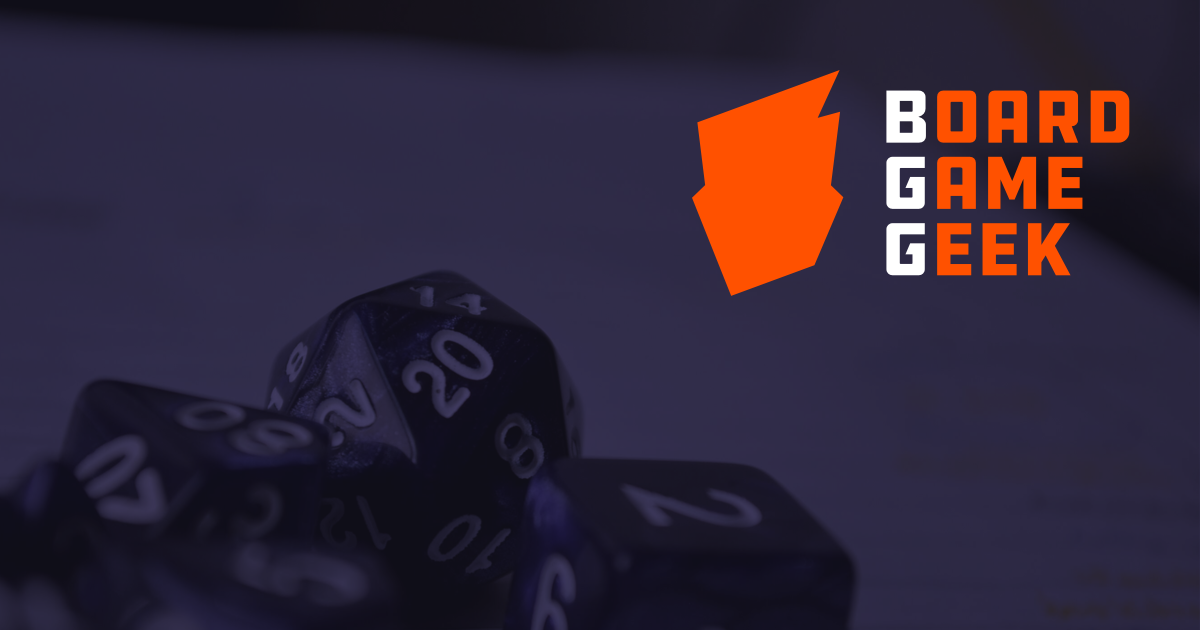hawkeyefan
Legendary Pubber
- Joined
- Nov 1, 2020
- Messages
- 2,010
- Reaction score
- 4,948
Take Heart, for example, you can say the system of Stress and Fallout is just a roll-under mechanic but it's doing something radically different from the roll-under mechanic in WFRP. Similarly the way that Heart bases your chances of success on your skill and where you are when you're doing that skill gives a remarkably different feel to the common approach of skill+stat.
I think this is a good point. How the mechanic impacts the game seems to be a significant factor. Accumulating Stress and then making a Fallout roll (which is just a roll with a target number equal to your current Stress, rollover and no Fallout, roll under and you get Fallout). The way this all works and the impact it has on play… and on the character… seems different than something like a to hit roll with a target number.
Another example I’d offer from Heart is the concept of Beats. These are lists of XP Triggers associated with each Calling in the game. A player chooses his Calling along with Class during character creation. The Calling determines your list of Beats, divided into three tiers (Minor, Medium, Major). Each session, you select two active Beats.
Hit a Beat, get a character advancement. Having the player choose their means of advancing seems novel tome. It has the added element of allowing the GM to prep with the characters’ Beats in mind. So the GM can make the game include the elements the players want to see. And this is backed up by the setting because the Heart is a living dungeon that tries to give those who enter it what they want, albeit in some weird, twisted way.
Obviously, the idea of XP Triggers and character advances are nothing new. But the implementation in Heart delivers a different experience than most.



 . So the only "new" part in it is Passions. And they're brilliant, though you can argue they were already used in Griffin Mountains
. So the only "new" part in it is Passions. And they're brilliant, though you can argue they were already used in Griffin Mountains .
.

